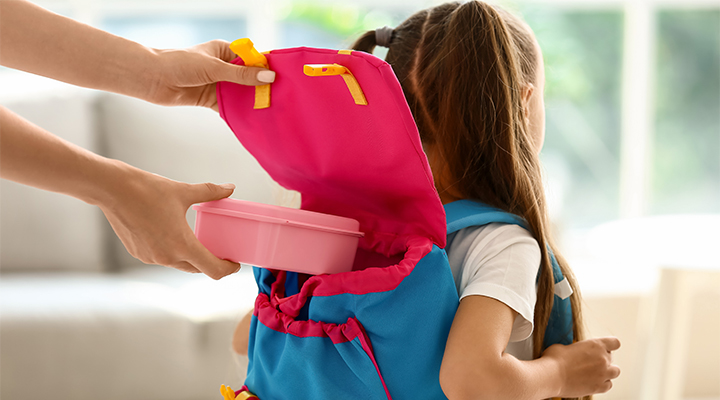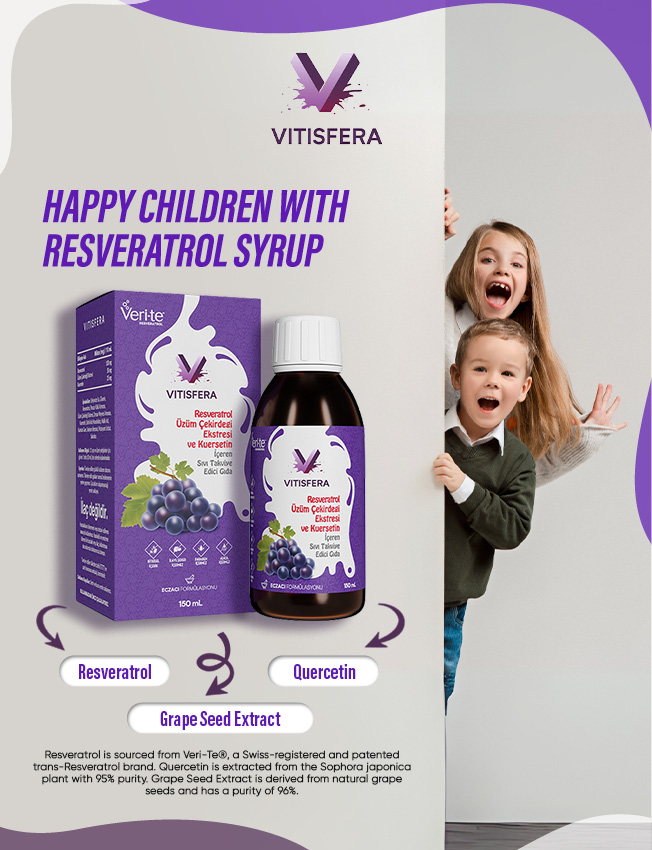Things to ConsiderBefore Sending Your Allergic Child to School

As schools are reopening, it’s important to take certain precautions to ensure that children with allergies can attend school more safely.
- If your child shows symptoms of an allergic condition and hasn’t undergone the necessary tests, it is highly recommended to consult a pediatric allergy specialist before school begins to have the necessary assessments done.
- For allergic children, vitamin D is especially important as it helps boost immunity against infections and can also reduce allergic symptoms. Therefore, it’s crucial to start your child on a daily dose of 600 units of vitamin D when they begin school.
- Administering the flu vaccine to allergic children can help protect them from severe flu infections, which can be more dangerous for those with allergies.
- If your child has a sensitivity to any allergens, precautions should be taken at school to avoid exposure to that particular allergen.
- Children attending daycare or preschool are more likely to experience frequent infections, which may trigger allergic symptoms. To strengthen their immune system and prevent flare-ups, various medications or supplements may be prescribed. It’s advisable to consult with a pediatrician or an allergy specialist for proper evaluation.
- If your child has pet allergies (cats or dogs), allergens brought in by classmates who have pets at home can trigger symptoms. It’s important to inform the teacher and classmates about your child’s allergy so that proper measures can be taken.
- If your child’s allergies are under control, there is no reason why they cannot participate in physical activities at school; on the contrary, it can be beneficial. However, if their allergies are not under control and they experience coughing or fatigue during exercise, it’s essential to ensure they are using their medication regularly to maintain control.
- For children with food allergies, it’s crucial to update the list of foods that carry a risk of reactions. If there are foods that may cause anaphylaxis (severe allergic reaction), make sure the school is informed about these risks.
- If your allergic child eats lunch at school, their diet needs to be adjusted accordingly. If the school is unable to make these adjustments, consider providing allergen-free alternatives for your child’s lunch to ensure they have a safe and healthy meal.
- It is also very important that both teachers and students receive basic training on the importance of allergies, symptoms, prevention measures, and treatment options. Make sure that the school has access to the life-saving medication, *Epipen* (adrenaline auto-injector), for any potential anaphylactic reactions, and inform teachers on how to use it.
I wish all of our children a healthy, happy, and successful school year.









